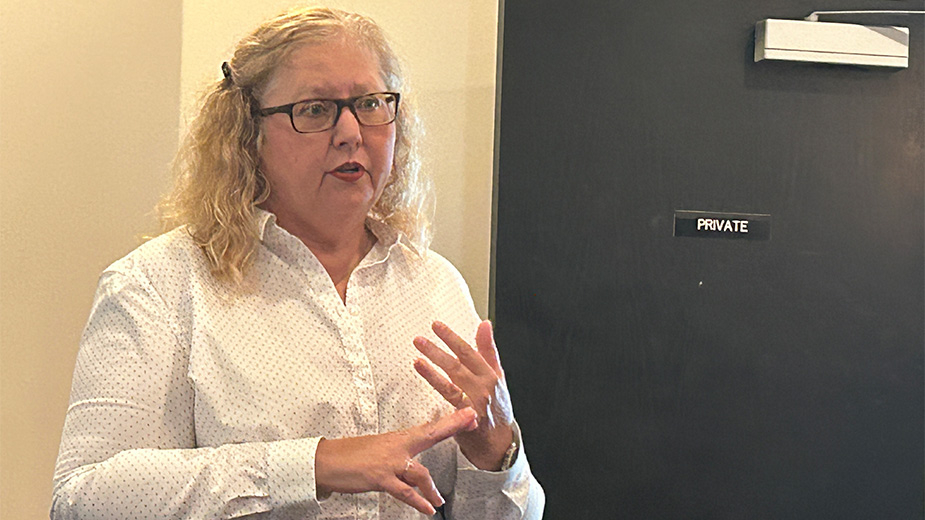Millennials’ Financial Habits Differ by Gender
PITTSBURGH — As the saying goes, “Men are from Mars, women are from Venus.” But when it comes to how each gender approaches their finances, the two groups might as well be from different universes, according to findings from the recent PNC Investments Millennials & Investing Survey.
Compared to their male counterparts, female millennials generally report being much more risk-averse, skeptical of alternative investments – including cryptocurrencies and peer-to-peer lending – and have, on average, only saved about two-thirds as much money for retirement as their male peers.
When comparing how millennials invest, the study finds men have greater appetites for higher-risk investing avenues. Fourteen percent of millennial men report that they “embrace” risk – double the number of female millennials reporting similar sentiment.
“One of the foundational aspects of any financial plan is to determine your overall risk tolerance, and for members of the younger generation, risk can be healthy,” said Rich Ramassini, senior vice president and director of strategy and sales performance for PNC Investments. “People’s appetite for risk is often not on par with how much risk they can actually handle. Increasing your financial knowledge can help you determine whether you are taking on the right amount of risk.”
Though parents of female millennials started educating their daughters about saving earlier than parents of male millennials (age 11.6 for females versus 12.7 for males), more female millennials than male millennials admit they are not as confident in their financial management skills.
According to PNC’s study, male millennials are more likely to rely on themselves and knowledge they attain through media and internet sources. In fact, male millennials are twice as likely as their female cohorts to consume content from recognized national media outlets.
Forty-six percent of female millennials contribute 6% or more of their income toward retirement, compared to 57% of male millennials, the survey found.
“Millennials now represent the largest portion of the workforce in the country, and most members of the generation have decades to go before they retire. Because millennials have time on their side, they should make investing for retirement a priority early on in their career,” Ramassini said. “One of the best ways to stay ahead of inflation and help set yourself up for a successful retirement is to invest your money in a diversified portfolio designed to achieve long-term goals.”
To that point, the survey also explores the amount each group has in investable assets. Among respondents, 29% of female millennials report having between $1,000 to $9,999 in investable assets, compared to 17% of men. At the same time, 46% of male millennials report having $50,000 or more in investable assets, whereas only 32% of female millennials report the same.
However, only 28% of millennials report having a solid understanding of how to successfully invest their money.
Approximately eight out of 10 millennials say they have full-time jobs (83% of men and 78% of women). Though the demographic has a high rate of employment, a relatively small percentage of respondents from both sexes agree they feel in control of their financial well-being (32% of women compared with 43% of men), and even fewer are confident they’re saving enough for the future (26% of women compared with 40% of men).
“It’s critical that both female and male millennials take actionable steps – including making concerted efforts to save for retirement, participating in the markets and building a solid emergency fund to ensure their future is not in jeopardy,” Ramassini said. “Given the findings of this survey, we encourage millennials to seek assistance from qualified financial advisors who can help make sure they are on the path to securing a strong financial future.”
SOURCE: PNC Financial Services Group Inc.
Copyright 2024 The Business Journal, Youngstown, Ohio.



